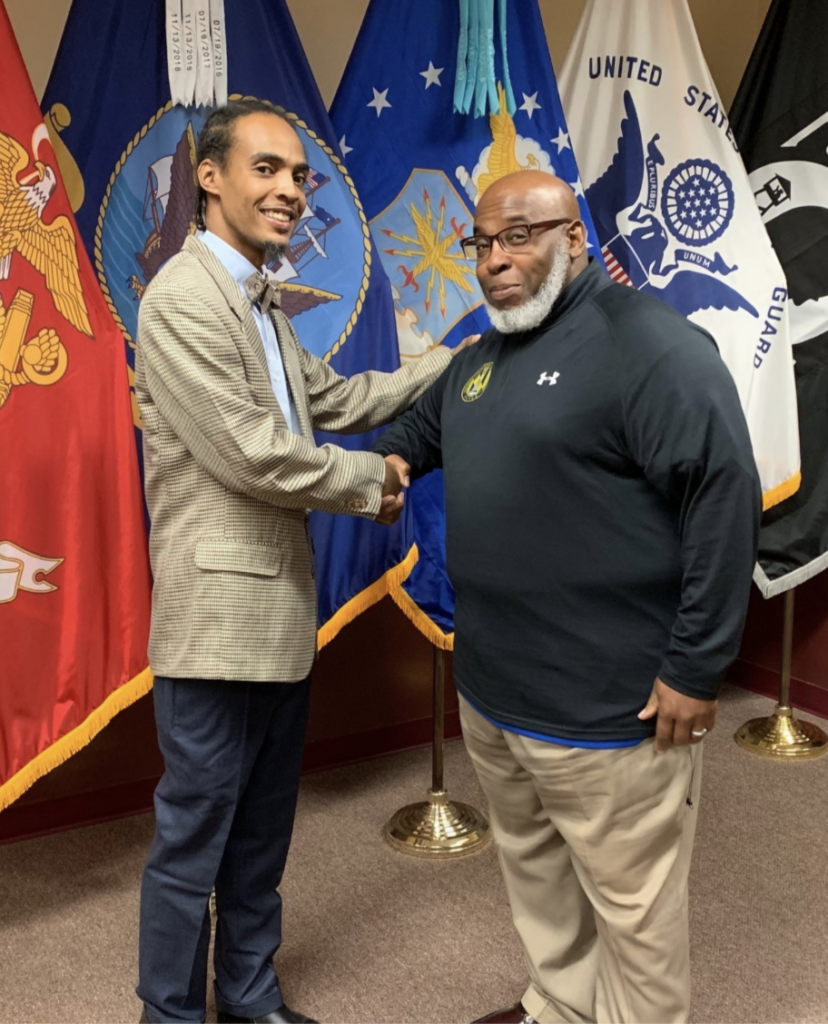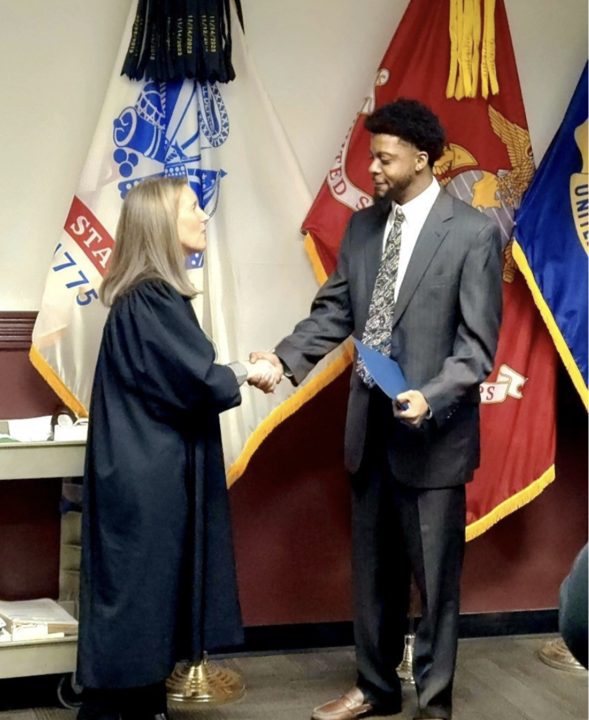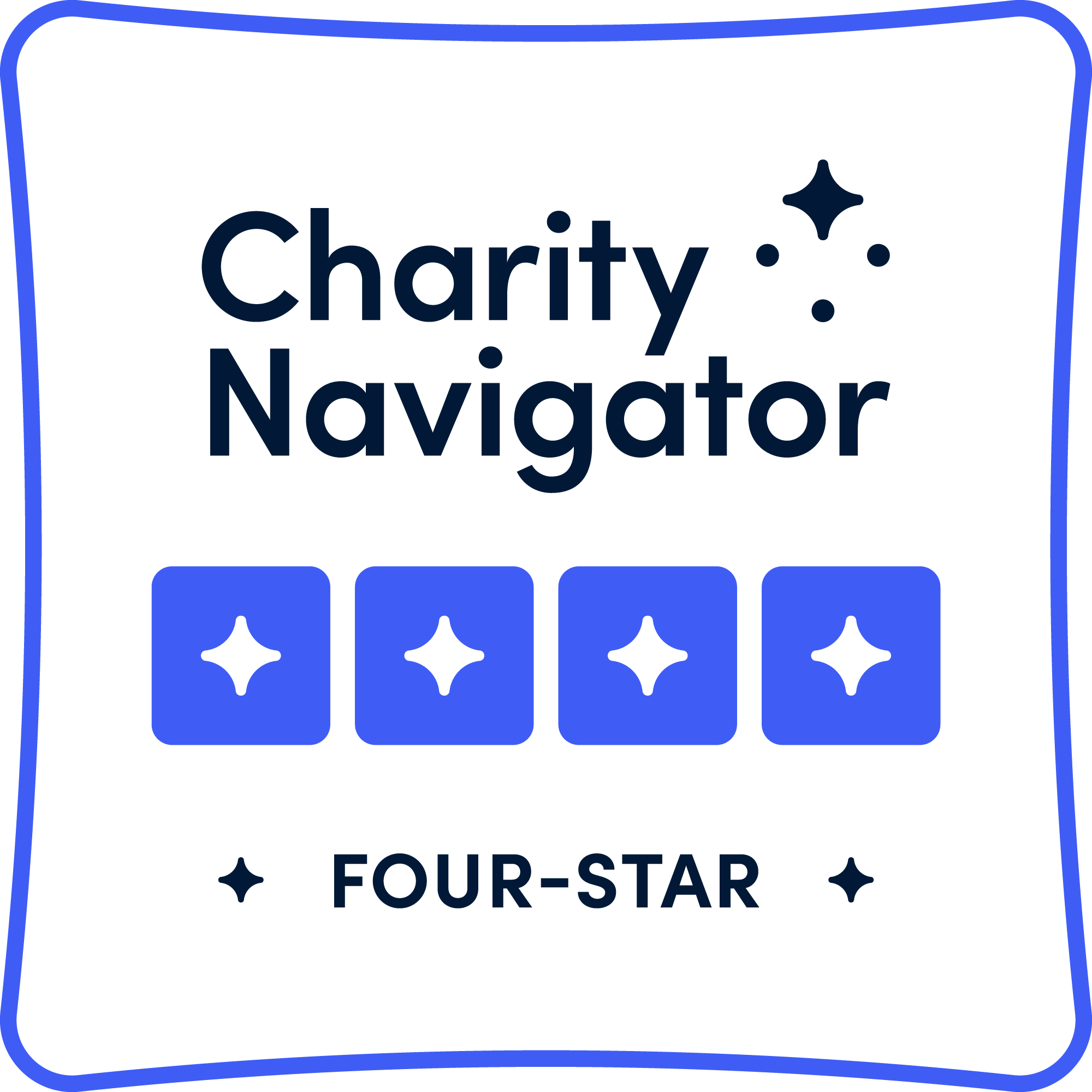United Way of Maryland’s Work to Keep Veterans out of Prison
United Way of Central Maryland supports veterans participating in a Veterans Treatment Court to address the underlying issues, such as mental health or substance abuse disorders, that contributed to their justice involvement.
What are Veterans Treatment Courts (VTCs)?
A Veterans Treatment Court is an alternative to prison. It focuses on addressing the root causes of crime, substance use, and mental health disorders. Modeled after drug treatment courts, VTCs tailor their approach to veterans’ service-connected experiences that may contribute to their mental health or substance use issues.
Veterans Treatment Court aims to break cycles of criminal behavior and promote sobriety, recovery, and stability through a coordinated effort with the court system. The court is supported by the U.S. Department of Veterans Affairs, State Departments of Veterans Affairs, volunteer veteran peer mentors, and nonprofit organizations. Veteran Treatment Courts often utilize veteran mentors and mental health specialists to complement court services, allowing veterans to transition into civilian life and regain stability rather than face incarceration. Even those who are ineligible for VA benefits due to reasons like their discharge status or the duration of their service can benefit from peer support and case management made possible by this collaboration and partnerships with community-based organizations.
Data shows that veterans who participate in a VTC benefit from improved housing, mental health, and employment outcomes compared to veterans who do not. Additionally, veterans who complete the VTC program, compared to those veterans who do not, have lower chances of a re-offense than traditional court participants across multiple time periods.
The number of veterans with mental health and substance abuse challenges highlights the need for Veterans Treatment Court. Approximately 1.1 million veterans over 18 struggles with substance use disorder and mental illness. Nearly three-quarters of veterans with substance use disorders struggle with alcohol use, and one in three veterans with mental illness including PTSD, traumatic brain injuries, depression, and interpersonal violence, amongst others.
Providing Personalized Support for Veterans in Treatment Court
Maryland has the 19th highest veterans population in the country. This emphasizes the need for both targeted interventions to address the unique challenges veterans face, and organizations like United Way of Central Maryland. With a mission rooted in justice, fairness, and equity, the organization is committed to creating a society where one’s background does not dictate future outcomes and providing equal opportunities for all.
United Way of Central Maryland operates in Anne Arundel, Baltimore, Carroll, Harford, Howard counties, and Baltimore City, emphasizing public safety and supporting veterans through the Veterans Treatment Court program.
Associate Vice President of United Way, Jamie Meyers, highlights the program’s long and successful history of helping veterans with mental health and substance issues who also face legal challenges. Through fundraising, United Way of Central Maryland bridges gaps left by state funding. Donations cover essential things like dental care, glasses, and furnished housing. Also, through private donations, the organization can hire case managers who can address veterans’ immediate needs: health, employment, legal matters, and more.
Through a series of “dog tags,” the United Way honors VTC participant milestones. These tags signify the veterans’ journey, represent resilience, honor, courage, and commitment, and showcase the veteran’s progress and achievements. According to Meyers, “the symbolism of collecting all four of the dog tags helps the court recognize what veterans go through and shows how the veterans honor themselves and their lives.” This powerful symbol of veterans’ determination and success is also made possible through private donations.


United Way of Central Maryland’s Veterans Treatment Court program goes beyond legal assistance, providing individualized support. Veterans Treatment Court, along with initiatives such as United Way of Central Maryland’s program, plays a crucial role in helping veterans avoid prison and encouraging rehabilitation for veterans dealing with the challenges posed by mental health and substance use disorders. The United Way of Central Maryland knows the positive impact of Veterans Treatment Courts. It encourages other veteran-serving nonprofits—that are not already working with VTCs—to do so when possible and appropriate.









